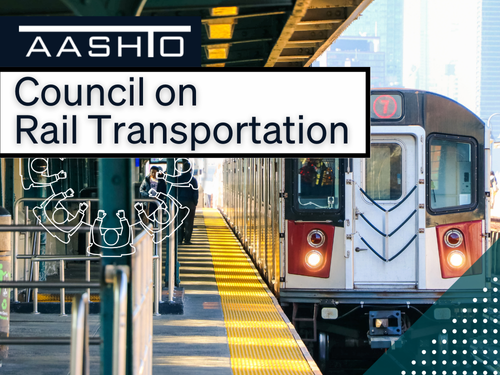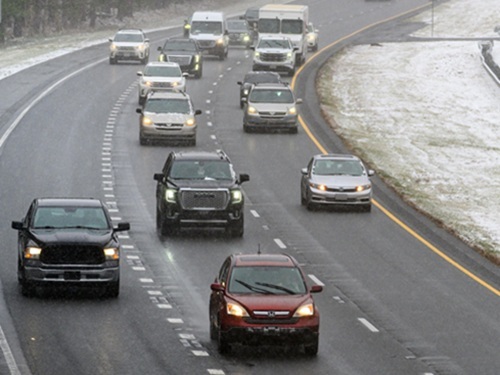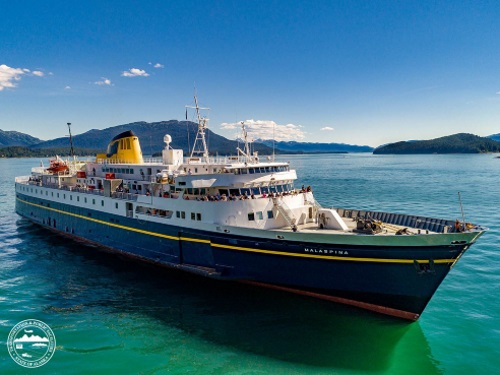The U.S. Maritime Administration or MARAD recently added four new marine highway projects in North Carolina, Alaska, and Puerto Rico to its America’s Marine Highway Program or AMHP. Those designations mean those four projects can now apply for federal funding, MARAD said in a statement.
[Above photo by the Alaska DOT&PF]
That follows the designation of a new marine highway route, two new marine highway projects, and one project extension in late April. MARAD made $25 million in grant funding available in March through the AMHP; funding that comes from the $1.2 trillion Investment in Infrastructure and Jobs Act, signed into law in November 2021.

A Marine Highway Project is a planned service, or expansion of an existing service, on a designated Marine Highway Route.
Since its inception in 2010, the AMHP has designated 58 marine highway projects. The program seeks to use the 29,000 miles of navigable waterways in the United States to alleviate freight traffic on the nation’s highways.
The four new Marine Highway Projects are:
- Riverbulk Steel Shuttle (North Carolina): This barge service transports steel plates along the existing M-95, M-64, and M-495 Marine Highway corridors. This service runs from the Riverbulk Terminal in Edenton, NC, to locations in Norfolk, Baltimore, Wilmington, Philadelphia, and ports in New Jersey utilizing a covered hopper barge for Lift-On/Lift-Off (Lo/Lo) operations.
- Yakutat, Alaska’s Freight Expansion Service (Alaska): The dock for existing City and Borough of Yakutat freight service on the M-5 (AK) Marine Highway Route will be extended using a sheet-pile-type structure to eliminate most pilings and reduce damage overall, putting the service in a better position to handle larger vessels and handle a greater quantity of ships.
- Unalaska Express (Alaska): The CMA CGM barge terminal currently operating in the City of Unalaska’s International Port of Dutch Harbor uses the Alaska M-5 route to connect Kodiak, Seward, and Valdez. The service plans to tap federal funds so it can expand to handle a 20 percent increase in cargo volumes while also creating a safer working place for Alaskan workers.
- Puerto Rico Maritime Transportation Services Project (Puerto Rico): This service seeks to establish reliable routes among Ceiba, Culebra, and Vieques – allowing island residents access to the essential services located primarily on the main island, such as food, groceries, furniture, construction services, materials, and equipment. Currently, the ferry service is the only way to bring palletized and unitized freight to the island. The project will promote better development opportunities for residents and businesses through the development of both Ceiba and Puerto Rico’s Municipality Islands.
 Nation
Nation
Registration Open for AASHTO’s Winter Rail Meeting
December 19, 2025 Nation
Nation

